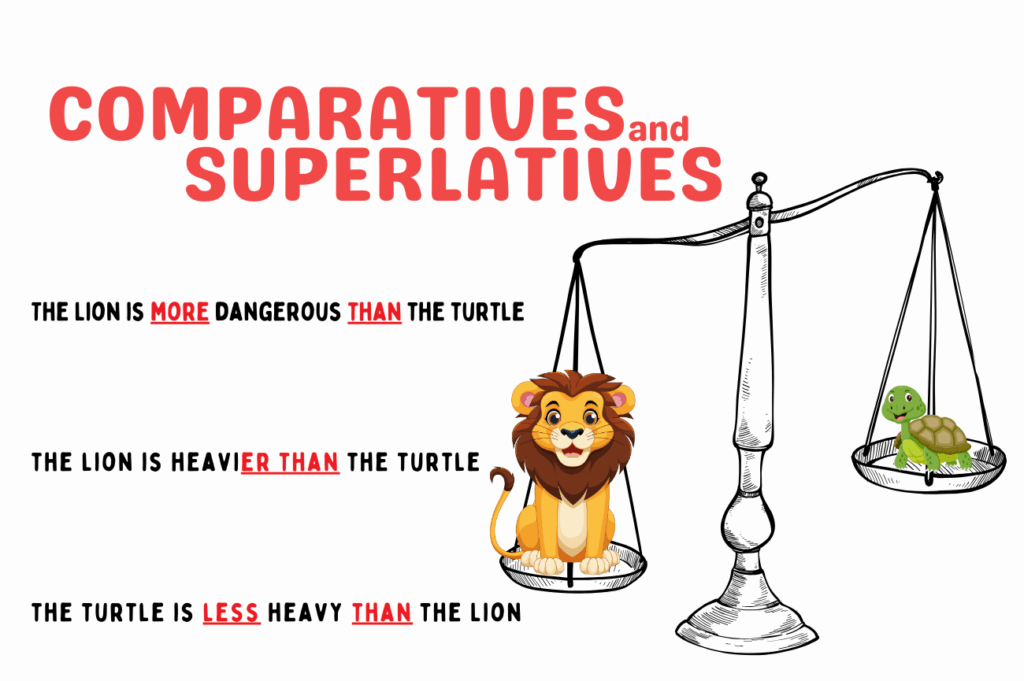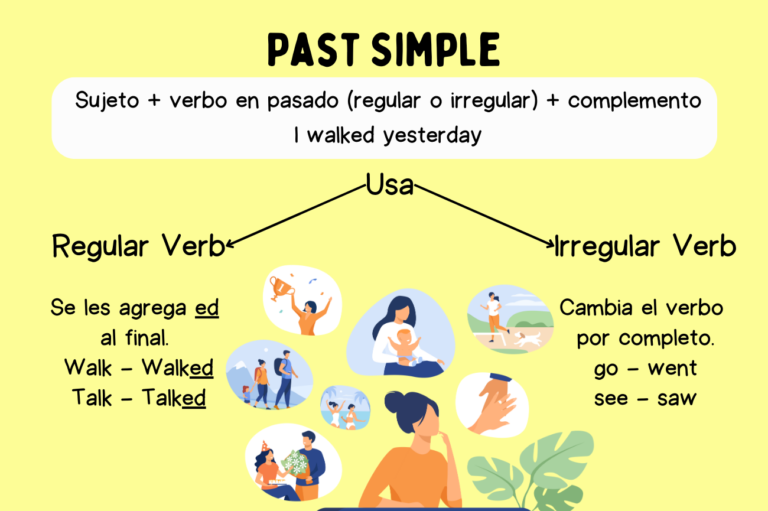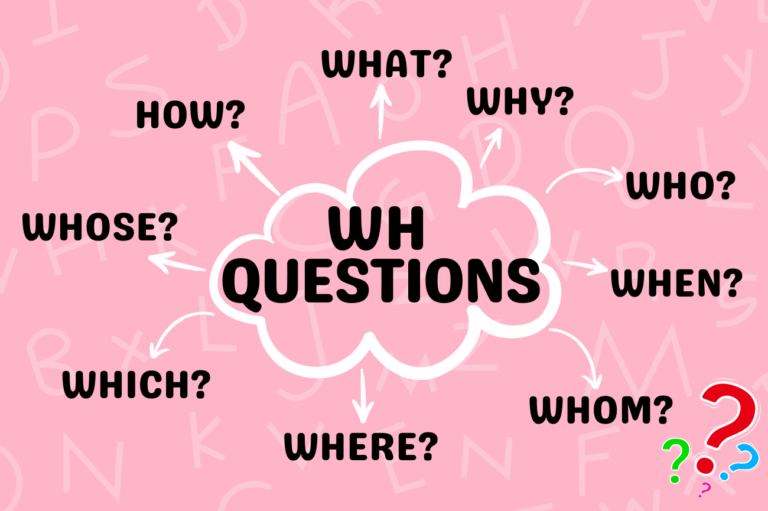
¿Cuándo se usan Los Comparatives and Superlatives?
Los comparatives and superlatives en inglés se usan cuando tratamos de comparar o exaltar tanto cosas como persona. En pocas palabras se usa para decir que algo es igual, mejor o peor que otra según sus características y habilidades. Los comparatives and superlatives usan adjetivos para hablar de las diferencias entre sujetos u objetos.
Recuerda:
Un adjetivo se usa para describir un sustantivo (cosa o persona) y son los que indican características como: tamaño, forma, color, textura, sabor, etc.
Table of Contents
Los adjetivos en los comparatives and superlatives sufren ciertos cambios dependiendo de si va a usar con un comparative o superlative, así como lo verás a continuación:
Comparatives:
Los comparatives se usan para expresar las diferencias entre dos cosas o personas. Los comparativos se usan con el fin de indicar que algo o alguien es superior, inferior o igual que algo o alguien en las diversas características que el sustantivo (persona u objeto) posea.
Para formar los comparativos en inglés, generalmente se agrega “-er” al final del adjetivo si es corto, o se utiliza “more” delante del adjetivo si es largo. A continuación encontrarás las diferentes formas de usar los comparatives.
1. More… than: Long adjectives (Adjetivos largos)
Usamos “more” cuando el adjetivo es largo, es decir que tiene dos (2) silabas o más, “more” se ubica antes del adjetivo, y “than” lo ubicamos después del adjetivo, de esta manera podremos crear la primera forma comparativa. Como puedes ver a continuación:
Ejemplo:
- This book is more interesting than the previous one.
- Este libro es más interesante que el anterior.
- En esta oración, notarán que el adjetivo “interesting” se encuentra en medio de “more” y “than”, y que utilizamos “more… than”, ya que este adjetivo, es un adjetivo largo, por lo que tiene tres (3) silabas.
- Este libro es más interesante que el anterior.
2. -er: Short adjectives
Se agrega la terminación “-er” a todos los adjetivos cortos, es decir, todos los adjetivos que sean de una (1) sola silaba. Esta forma de comparative también se acompaña del “than”, ya que, hace la comparación entre los sustantivos (personas o cosas).
Ejemplo:
- She is taller than her sister.
- Ella es más alta que su hermana.
- En esta oración, notarán que al adjetivo “tall” se le agrega “-er” al final para que quede “taller”, ya que este adjetivo, es un adjetivo corto, por lo que tiene una (1) sola silaba, y de igual forma se le agrega el “than” a la oración para hacer la comparación entre dos personas, y que quede “taller than“, es decir, “más alta que”.
- Ella es más alta que su hermana.
- Your house is bigger than mine.
- Tu casa es más grande que la mía.
Info
Como puede ver en el segundo ejemplo, si un adjetivo termina en vocal y consonante (por ejemplo, big) debe doblar la consonante final. Por ejemplo, bigger, fatter, thinner.
3. Less… than: Indica inferioridad
Usamos “less” para expresar o indicar que un sustantivo (persona u objeto) es inferior a algo o alguien según sus características o habilidades. Este comparativo de inferioridad “less” se ubica antes del adjetivo, y “than” se ubica después del adjetivo con el fin de que haga la comparación entre las dos personas u objetos mencionados en la oración.
Ejemplo:
- Spain is less cold than Mongolia.
- España es menos frío que Mongolia.
4. Irregular comparatives:
Se le llaman comparativos irregulares, ya que, hay algunos adjetivos que son irregulares y no siguen las reglas mencionadas anteriormente. Estos son algunos comparativos irregulares: Good → Better, Bad → Worse, etc.
- My Aunt’s house is better than mine.
- La casa de mi tía es mejor que la mía.
Al final del post encontrarás una lista con los adjetivos irregulares, estos adjetivos al no tener seguir una estructura en particular, se deben aprender de memoria.
Superlatives:
Los superlatives buscan exaltar algo por encima de todo lo demás en una lista de objetos o personas. Para formar superlativos en inglés, generalmente se agrega “-est” al final del adjetivo si es corto, o se utiliza “the most” o “the least” delante del adjetivo si es largo.
1. The most: Long adjectives
Usamos “the most” cuando el adjetivo tiene dos (2) silabas o más, “the most” se ubica antes del adjetivo, y se usa para indicar superioridad entre algo o alguien.
Ejemplo:
- This is the most delicious cake I’ve ever tasted.
- Este es el pastel más delicioso que he probado.
- En esta oración, notarán que el adjetivo “delicious” tiene tres (3) silabas, por lo que es un adjetivo largo, por lo tanto, usamos “the most”, y lo ubicamos antes del adjetivo para indicar superioridad.
- Este es el pastel más delicioso que he probado.
2. -est: Short adjectives
Agregamos la terminación “-est” al final del adjetivo cuando tiene una (1) sola silaba. Cuando los adjetivos terminan en vocal + consonante, debemos doblar la consonante del final para poder agregarle la terminación “-est”, por ejemplo, saddest, fittest, hottest.
Ejemplo:
- This is the cutest dog that I have ever met.
- Este es el perro más tierno que he conocido.
- En esta oración, notarán que al adjetivo “cute” se le agrega “-est” al final para que quede “cutest”, y se pueda indicar la superioridad. Este es un adjetivo corto, por lo que tiene una (1) sola silaba y por eso se le agrega la terminación “-est”.
- Este es el perro más tierno que he conocido.
- This is the hottest day of this month.
- Este es el día más caluroso del mes.
- Al adjetivo “hot” se le duplicó la consonante “t”, ya que, cumple con la regla sé si termina en vocal + consonante, esa consonante debe duplicarse para poder agregar la terminación “-est”, y por eso queda como “hottest”.
- Este es el día más caluroso del mes.
3. The least: Indica inferioridad
Usamos “the least” para expresar o indicar que un sustantivo (persona u objeto) es inferior a algo o alguien según sus características o habilidades. Este superlativo de inferioridad “the least” se ubica antes del adjetivo.
Ejemplo:
- Cleaning the bathroom is my least favorite type of housework.
- Limpiar el baño es mi actividad de limpieza menos favorita.
4. Irregular Superlatives:
Se le llaman superlativos irregulares, ya que, hay algunos adjetivos que son irregulares y no siguen las reglas mencionadas anteriormente. Estos son algunos superlativos irregulares: Good → Best, Bad → Worst, etc.
- This is the best place of the city to eat Ramen.
- Este es el mejor lugar de la ciudad para comer Ramen.
Al igual que con los comparativos, también hay algunas excepciones y reglas especiales para los adjetivos irregulares, como “good” (bueno), que se convierte en “the best” (el mejor) en superlativo. Al final del post encontrarás una lista con los adjetivos irregulares, estos adjetivos al no tener seguir una estructura en particular, se deben aprender de memoria.
Adjetivos Irregulares en Inglés
Cuando utilizamos tanto los Comparatives and Superlatives es importante tener en cuenta que hay adjetivos que son irregulares. Para esto vamos a tener en cuenta la siguiente lista:
| Adjetivo | Comparativo | Superlativo | Español |
| good | better | best | bueno |
| bad | worse | worst | malo |
| little | less | least | pequeño/poco |
| much/many | more | most | mucho/muchos |
| far | farther/further | farthest/furthest | lejano |
| old | older/elder | oldest/eldest | viejo |
| late | later | latest | tarde |
| near | nearer/nearer | nearest/nearst | cercano |
| far | farther/further | farthest/furthest | lejos |
| high | higher | highest | alto |
| low | lower | lowest | bajo |
| big | bigger | biggest | grande |
| small | smaller | smallest | pequeño |
| good | better | best | bueno |
| bad | worse | worst | malo |
| old | older/elder | oldest/eldest | viejo |
| little | less | least | pequeño/poco |
| much/many | more | most | mucho/muchos |
Ejemplo:
- Good: Bueno
- Comparative: She is a good singer, but he is even better.
- Superlative: Among all the contestants, she is the best singer.
- Bad: Malo
- Comparative: Yesterday’s weather was bad, but today’s is worse.
- Superlative: This is the worst meal I’ve ever had.
- Little: Pequeño/poco
- Comparative: She has a little dog, but her sister has even less space in her apartment for a pet.
- Superlative: Of all the snacks, this one has the least sugar content.
- Much/Many: Mucho/muchos
- Comparative: He has much more experience in coding than I do.
- Superlative: Among all the candidates, she has the most qualifications.
- Far: Lejano/lejos
- Comparative: The next gas station is farther than I thought.
- Superlative: This is the farthest I’ve ever traveled from home.
- Old: Viejo
- Comparative: My phone is older than yours, but it still works fine.
- Superlative: Among all the buildings in the city, the oldest one is the church.
- High: Alto
- Comparative: The Empire State Building is higher than any other building in the city.
- Superlative: Mount Everest is the highest peak in the world.
- Low: Bajo
- Comparative: The temperature today is lower than yesterday’s.
- Superlative: This price is the lowest I’ve seen for this product.
Comparatives and superlatives exercise
- En esta actividad encontrarás símbolos de ayuda. Úsalo si crees que lo necesitas.
- Ten en cuenta que no siempre podrás contar con ellos.
Fill in the blanks Exercise
En este ejercicio, deberás completar las oraciones utilizando la forma correcta del adjetivo en comparativo o superlativo, según el contexto de la oración


